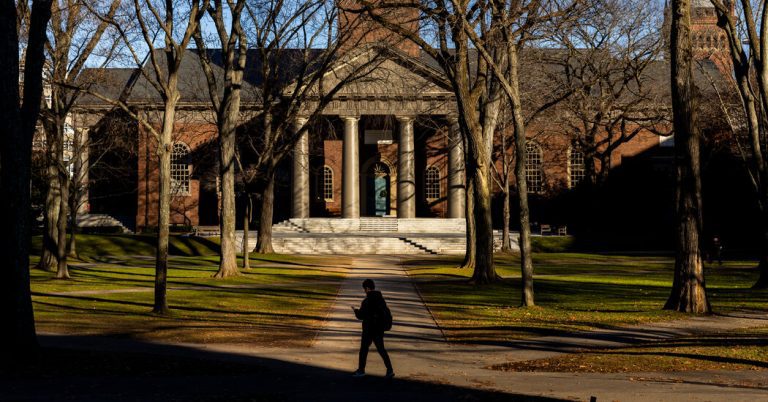Critics of standardized testing have long raised concerns that the tests helped fuel inequality because some wealthier students boosted their scores through high tuition prices. However, recent studies have found that test scores help predict college grades, the likelihood of graduation, and post-college success, and that test scores are more reliable than high school grades, in part because of grade inflation recent years.
But Robert Schaeffer, director of public education at FairTest, an organization that opposes standardized testing, said Thursday that the Opportunity Insights analysis had been criticized by other researchers. “These scholars say that when you eliminate the role of wealth, test scores are no better than high school GPA,” he said, adding that it’s unclear whether this pattern holds among admissions pools at highly selective colleges like Harvard .
Mr. Schaeffer said at least 1,850 schools remain test-optional, including Michigan, Vanderbilt, Wisconsin and Syracuse, which have recently expanded their policies. “The vast majority of colleges will not require test scores.” An exception, he said, could be the University of North Carolina system, which is considering a plan to require the test, but only for those students with a GPA below 2.8.
Acknowledging critics’ concerns, Harvard said it would review the new policy regularly. The school said test scores will be considered along with other information about an applicant’s experience, skills, talents, community contributions and references. They will also be examined in the context of the progress of other students in the same high school.
“Admissions officers understand that not all students attend well-resourced schools, and those from modest economic backgrounds or first-generation college families may have had fewer opportunities to prepare for standardized tests,” said William R. Fitzsimmons, dean of admissions at Harvard and financial aid, according to a statement.




